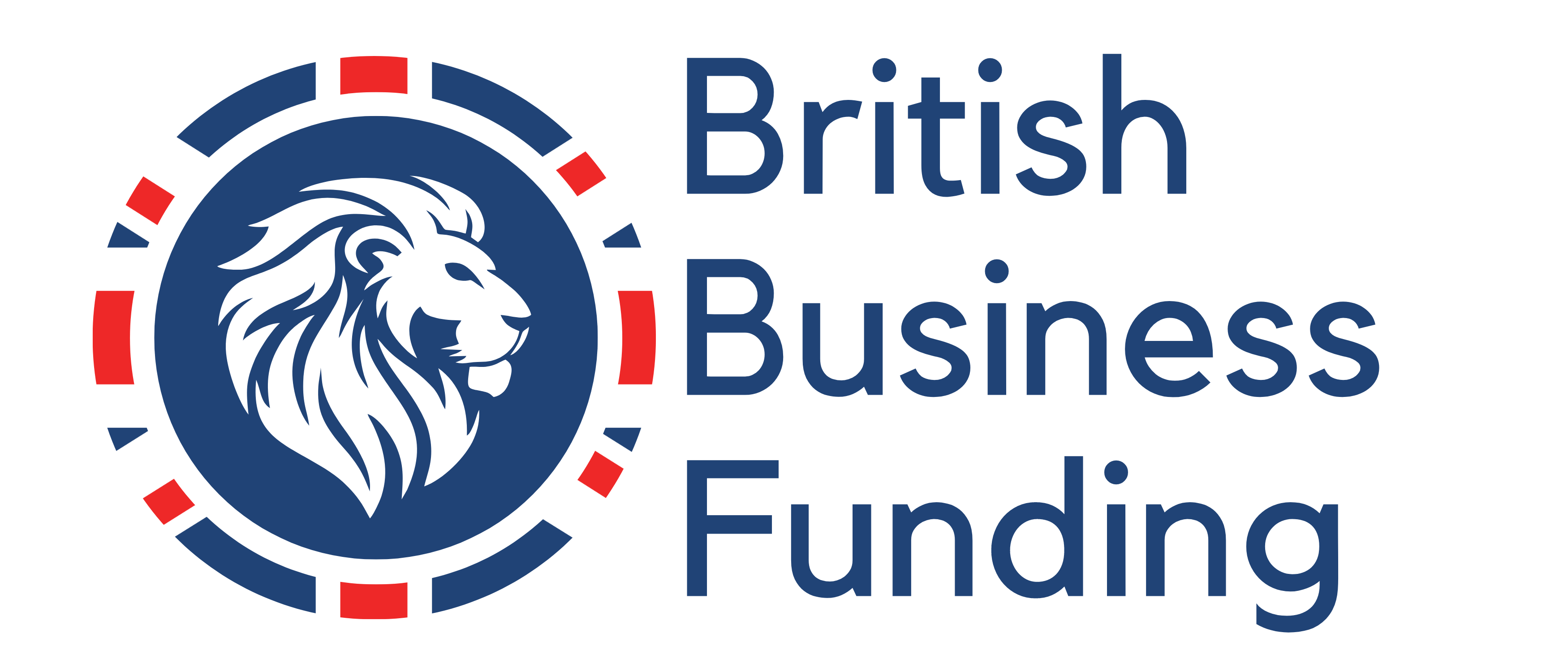Understanding how to get a business loan from a bank is essential for many small business owners. If you’ve operated your business for a year and have financial records showing profitability, you stand a good chance of securing a small business loan from traditional lenders such as banks or credit unions.
Start-ups can also secure bank loans, sometimes using personal loans. Since a personal loan can be unsecured, you won’t need to use business assets as collateral.
Choosing a personal loan? Getting business credit cards from the same bank is a good idea. Regular, on-time monthly payments can boost your personal credit score, setting you up for a future business loan.
Only about 15% of most small business loans are approved. That can be a worrying statistic for a small business owner. But you can take steps to upgrade your chances for approval and the best business loan terms.
- Write or update your Business Plan.
A concise, informative business plan stamps you as a professional business owner. It is a necessary part of your bank loan process. The business plan details your business operating expenses, business credit profile, and business goals for the long term. Many lenders require them as part of the business loan application. Incorporate market analysis, company structure, product descriptions, and marketing strategies to enhance your plan’s comprehensiveness.
- How will you use the loan?
With your application, include a short letter describing why you need the loan money. Explain how the funds will boost your operations, support expansion, or enhance inventory to convince lenders of your strategic planning. Detailing specific projects or purchases the loan will finance demonstrates a clear vision and responsible financial planning.
- What type of loan do you need?
Make sure of what type of loan agreement is the best fit for you and which of the small business lenders offer that type. Consider terms, interest rates, and repayment schedules to find the most suitable loan for your business needs.
- Clean up credit scores
If you’ve got a bad rating with major business credit bureaus or with your personal credit scores, take steps to boost your score. Banks have a minimum number for the rate of credit scores they’ll accept before considering a loan request. Review your credit report for errors, reduce debt levels, and make timely payments to improve your scores.
- Organise financial records
Make sure you have every document needed to prove your business credit history, such as business bank statements, business credit card transactions and personal tax returns. Gather profit and loss statements, balance sheets, and cash flow statements to demonstrate financial health and stability.
- Network
Reach out to other small business owners to see which lenders they recommend. Engaging in local business associations or online forums can provide insights and personal experiences that guide your choice.
- Make an appointment with a lender
A direct conversation can provide clarity, allow for questions, and establish a rapport with the lender. Prepare a list of questions, anticipate lender inquiries, and practise your pitch to convey your business’s value and loan repayment plan confidently.
Conclusion
Securing a business loan is a significant step towards achieving your goals and fueling the growth of your company. By understanding the essential documents required for a successful loan application and organising them thoughtfully, you can significantly improve your chances of loan approval.
Avoid common mistakes and seek the expertise of British Business Funding to streamline the loan application process and increase your chances of success. With the right documentation and guidance, you can take your business to new heights of financial growth and success.
Contact British Business Funding today and let our team of experts empower your journey to financial growth.

